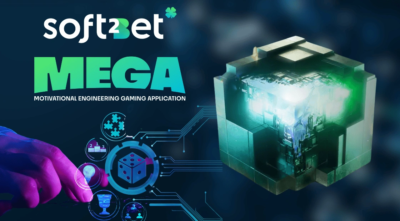ChatGPT Founder Altman Warns Of Dangerous AIs

AI tools like ChatGPT are on everyone’s lips, you can even call them the topic par excellence. But at the same time, it is becoming increasingly clear that they can be problematic. One of the central people now warns of possible negative consequences.
As OpenAI CEO and co-creator of ChatGPT, Sam Altman is at the center of current developments in relation to AIs and therefore knows more about them than almost anyone else. So it was all the more interesting what Altman had to say about it. Because the OpenAI boss published a longer thread on Twitter in which he talks about opportunities, but also dangers.
Added value, but also dangers
Altman said AI tools can add value in many ways to help us be more productive: “These tools will help us be more productive (I can’t wait to spend less time on email!), healthier (AI medical advisors for people who can’t afford treatment), smarter (students learn with ChatGPT) and more entertaining (AI memes lolol).”
But he also thinks that the transition phase in such situations can often be (too) quick. Because the temptation can be great to “do it super fast, which is scary”. But society needs time “to adjust to something this big,” says Altman.
According to Altman, there are still many challenges ahead for AI developers, including how to deal with (political) bias and “people who feel insecure when talking to a chatbot, even if they know what’s really going on”.
According to Altman, AIs have a lot of potential, not just in a positive way, but also in a negative way: “We also need enough time for our institutions to figure out what to do. Regulation will be crucial, and it will take time to find out; while current-gen AI tools aren’t very scary, I think we’re not that far from potentially scary tools.”
Research Snipers is currently covering all technology news including Google, Apple, Android, Xiaomi, Huawei, Samsung News, and More. Research Snipers has decade of experience in breaking technology news, covering latest trends in tech news, and recent developments.











